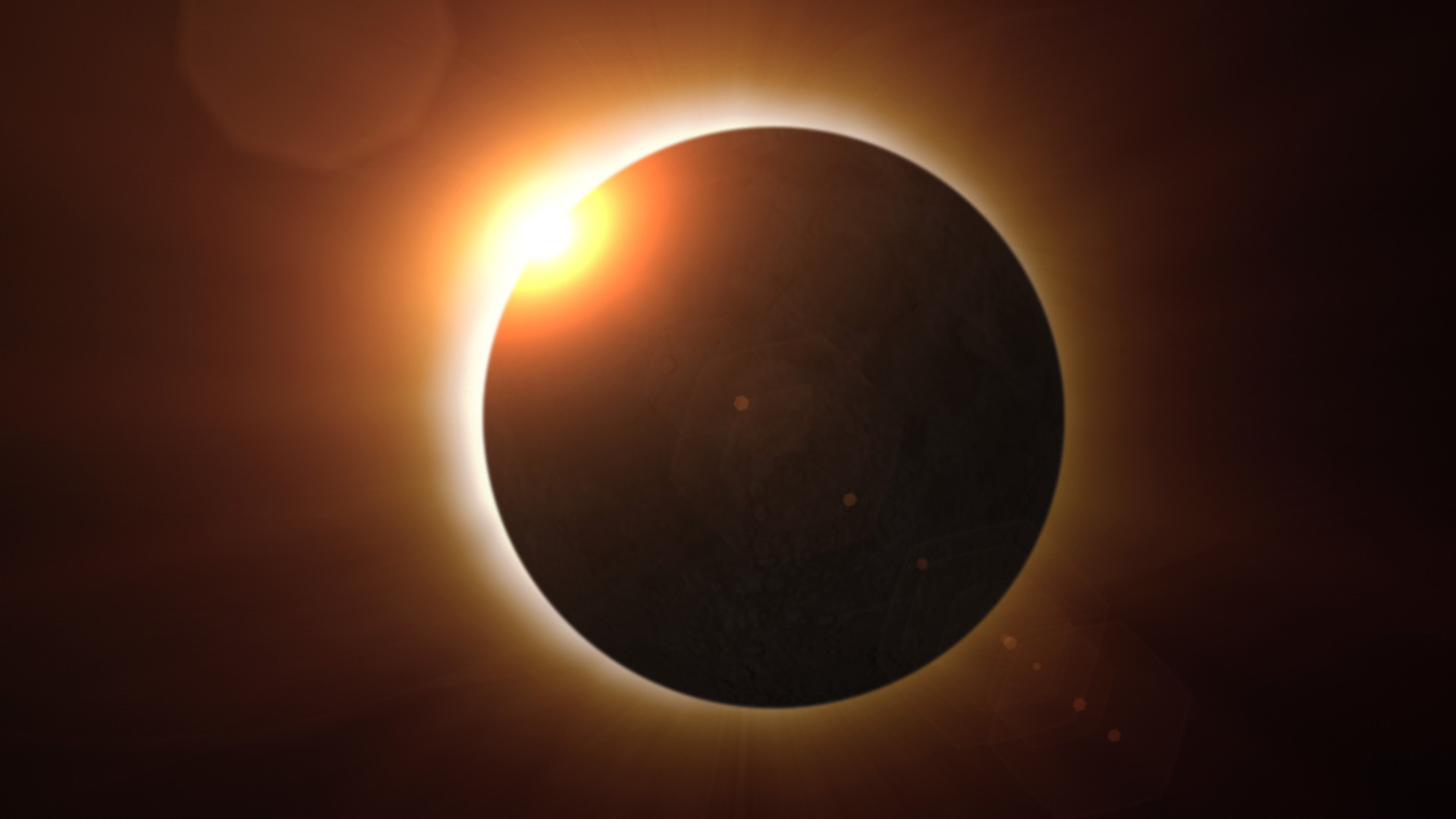
Get Ready for the Upcoming Solar Eclipse!

By Dr. Lisa Will, Resident Astronomer at the Fleet Science Center.
On Monday, August 21, 2017, San Diegans will be able to observe a partial solar eclipse. It will be visible as a total solar eclipse within a narrow path up to 70 miles wide, traversing the contiguous United States from Oregon to South Carolina. Over half of the population of the United States lives within driving distance (400 miles) of the path of the totality, which makes this an amazing opportunity for eclipse enthusiasts.
Why are people so excited about this eclipse? Well, the last time a total solar eclipse was visible from any part of the United States was 1991, and it was visible only from Hawaii! The last total solar eclipse visible in the contiguous United States was in 1979, and the previous time a total solar eclipse was visible over the entire United States was almost 100 years ago, in summer of 1918.
What will we see in San Diego? We’ll observe a partial eclipse, with the Sun about 57% obscured at its maximum.
Here are the most important times to know for San Diego:
Begins: 9:07 a.m.
Maximum: 10:23 a.m.
Ends: 11:46 a.m.
For the eclipse you’ll want a clear view of the southeastern sky. And remember, DO NOT LOOK DIRECTLY AT THE SUN! Even during an eclipse, you cannot look at the Sun with your naked eyes. Even a short amount of direct exposure is enough to permanently damage your retinas.
How can you observe the eclipse safely? If you want to use a telescope or camera, you must purchase solar filters from a reputable vendor. Eclipse glasses are also a great choice or you can make a pinhole camera.
For the morning of the eclipse, join us at the Fleet Science Center! We’ll have supplies and instructions for making pinhole viewers, solar telescopes set up for observation and myself and other astronomers will be available to answer all your solar eclipse questions.
http://www.rhfleet.org/events/great-american-eclipse
More information about the eclipse available from NASA:
Wishing you clear skies!
